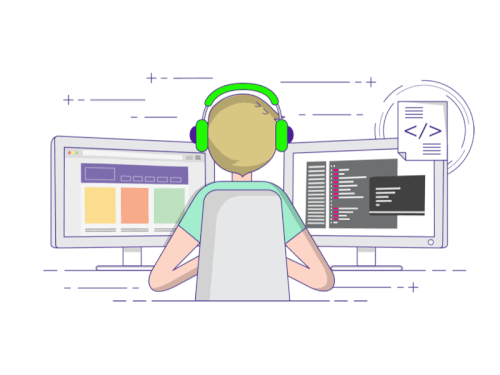Data Structures and Algorithms (DSA) form the backbone of computer science and software development. They are the tools that help developers write efficient, optimized, and scalable code. If you’re planning to learn DSA, you might wonder: “Do I need a computer science degree?” or “What skills should I already have before starting DSA?”
The good news is that anyone with basic programming knowledge can start learning DSA. However, there are certain eligibility requirements—both academic and skill-based—that make your DSA learning journey smoother.
1. Academic Eligibility
There’s no strict academic requirement to learn DSA. Unlike university courses, you don’t need to have a specific degree. However:
-
Students in Computer Science/IT often study DSA as part of their curriculum.
-
Engineering students (any branch) can also learn it if they are interested in coding.
-
Self-learners or professionals from non-technical backgrounds can start too, provided they are comfortable with the basics of programming.
So, whether you’re in school, college, or already working, you’re eligible to learn DSA if you’re curious and committed.
2. Prerequisite Skills and Knowledge
While you don’t need advanced expertise, a few fundamental skills will help you learn DSA effectively:
✅ Basic Programming Knowledge
You should know at least one programming language (like C++, Java, or Python). Familiarity with writing simple programs, loops, and functions is essential.
✅ Understanding of Mathematics
Basic math concepts such as algebra, probability, and logic are useful. For example, understanding time complexity involves logarithms, exponents, and simple arithmetic.
✅ Problem-Solving Ability
DSA is all about solving problems efficiently. If you enjoy puzzles, logical thinking, or competitive programming, you’ll find DSA engaging.
✅ Knowledge of OOP (Optional)
While not mandatory, Object-Oriented Programming (OOP) concepts like classes and objects can help when implementing advanced data structures.
3. Technical Requirements
Besides academic and skill-based readiness, having the right tools matters:
-
Laptop/Computer with a programming environment installed (IDE or text editor).
-
Compiler or Interpreter for your chosen programming language.
-
Access to online coding platforms like LeetCode, HackerRank, or Codeforces for practice.
4. Who Should Learn DSA?
-
Students preparing for placements in top tech companies.
-
Aspirants for competitive programming or coding contests.
-
Developers aiming to improve efficiency in problem-solving and system design.
-
Anyone transitioning into software development from a non-CS background.
Final Thoughts
The eligibility to learn DSA is less about academic qualifications and more about your interest, logical mindset, and readiness to practice consistently. With basic programming skills and the right mindset, anyone can master DSA.

